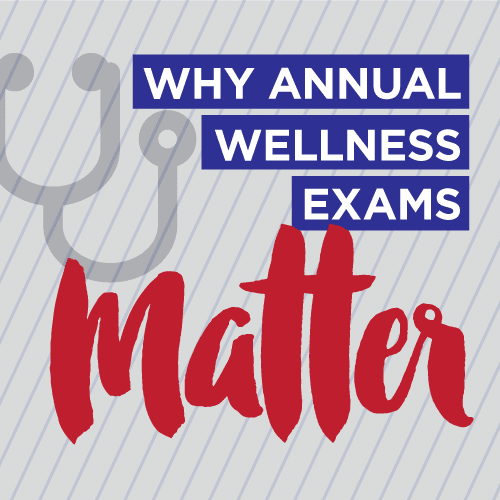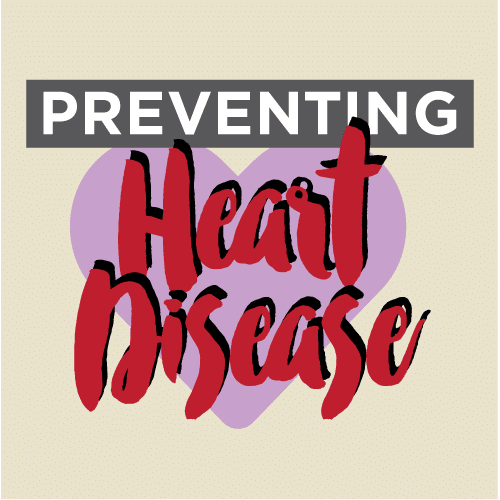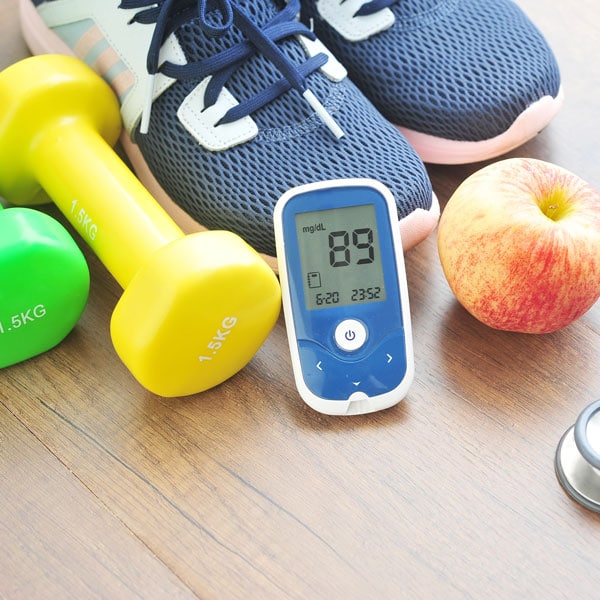Overcoming Breast Cancer: One Woman’s Story
When she was diagnosed with breast cancer, Patti Bird found the solutions she needed at Summit Healthcare. PATTI WAS INSTALLING a windshield in a car with her fiancé, Brad Anderson, when she first felt pain. “I was climbing on a trunk and hit my chest, which really hurt,” Patti says. “I thought that maybe I […]
Overcoming Breast Cancer: One Woman’s Story Read More »










